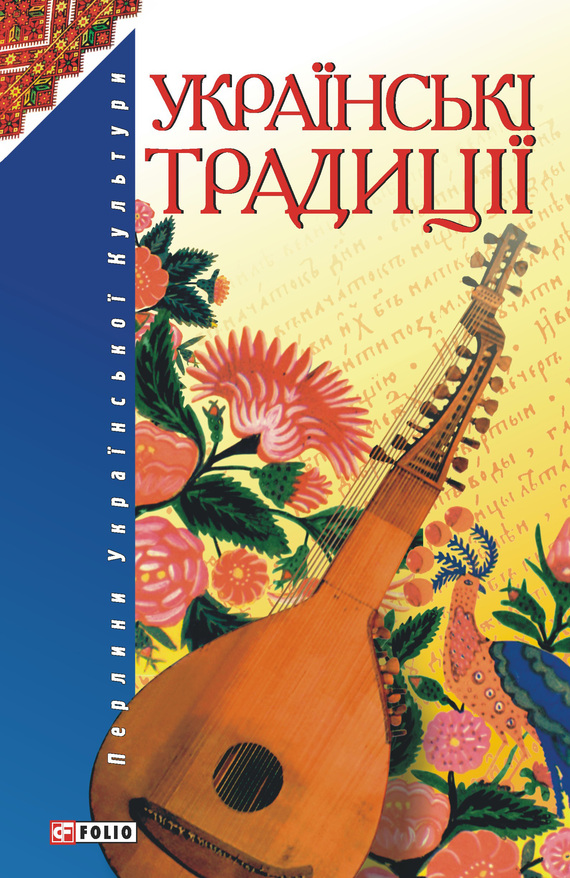Читати книгу - "Genghis Khan and the Making of the Modern World"
Шрифт:
Інтервал:
Добавити в закладку:
The aging khan, however, quickly regretted his impetuous refusal and grew fearful of how Temujin would respond. Without question Temujin now ranked as the best military leader on the steppe, and Ong Khan knew that he could not risk coming against Temujin in battle. Instead, he devised a plan to rid himself of the potential danger posed by Temujin through trickery, just as the Tatars had killed Temujin’s father. Ong Khan dispatched a message to Temujin informing him that he had changed his mind and would welcome a marriage between their families. He set a date and invited Temujin to come with his family to celebrate the wedding between their offspring. Apparently, Temujin trusted the khan, who had been his ritual father for more than two decades, and set out with a small party toward the designated rendezvous for the wedding feast, leaving his army behind. This marriage, if he successfully concluded it, could be the zenith of his career by uniting all the people already under his rule with the Kereyid under Ong Khan, and the marriage would put him in the strongest position to succeed Ong Khan as the future ruler of the central steppes.
Only about one day’s ride from Ong Khan’s court, Temujin learned that the wedding invitation was a plot against him. Ong Khan had assembled his army secretly and intended to kill him and wipe out his family. Just at the moment of Temujin’s anticipated triumph, he found that not only was the union not to take place, but that his very life and the survival of his family were endangered. With only a small contingent of warriors and far away from his main body of supporters, Temujin could not risk a fight. Instead, he did what steppe people had always done in the face of overwhelming odds: Temujin ordered his small group to disperse quickly in all directions, while he himself and a few companions fled rapidly toward the east before Ong Khan’s army began the pursuit.
Temujin now faced a crisis that would be the greatest test of his abilities. His flight before the warriors of Ong Khan must have seemed so much like his flight, more than two decades earlier, from the Merkid when they kidnapped Borte. The endless cycle of steppe raids seemed to never end. Despite everything he had done in his life, little had really changed as he, once again, fled from those who were ranked socially higher above him and politically far more powerful.
With their unprepared leader on the run, Temujin’s newly amalgamated tribe of the People of the Felt Walls faced its first major threat. Could it hold? Would the people of so many different tribes and families keep their allegiance and confidence in Temujin, wherever he was now fleeing? Or would they flee back to their original homelands or hastily seek to make arrangements for themselves under the protection of Ong Khan or Jamuka? The events that followed became legendary among the Mongols as the greatest trial and triumph in Temujin’s life.
Exhausted and without provisions after days of constant flight, Temujin reached the distant shores of muddy Lake Baljuna. He looked around him to see how many men had survived the flight. He counted only nineteen of his men, and they now faced the possibility of starvation in this remote exile. As they paused to recuperate by the waters of Baljuna and decide what to do, a wild horse unexpectedly appeared from the north, and Temujin’s brother Khasar set out in pursuit of it. He brought the horse down, and the men quickly skinned it. Without flaming wood over which to roast meat or pots in which to boil it, they relied on their ancient cooking technique. After skinning the horse, they cut up the meat and made a large bag from the horsehide into which they put the meat and some water. They gathered dried dung to make a fire, but they could not put the hide kettle directly on the fire. Instead, they heated rocks in the fire until glowing hot, then they dropped the hot rocks into the mixture of meat and water. The rocks heated the water, but the water prevented the rocks from burning through the bag. After a few hours, the starving men feasted on boiled horseflesh.
Aside from Khasar, the men gathered with him were his friends, not his relatives. Some of his family members were temporarily lost on the steppe, but other relatives had deserted Temujin to join Ong Khan or Jamuka. In particular his uncle, one of his father’s two brothers who had helped him to kidnap Temujin’s mother from her Merkid husband, had joined Ong Khan against his own nephew.
With little to comfort them or offer encouragement for the future, the exhausted men seized upon the appearance of the horse as a supernatural gift that offered them more than just food for their empty bellies. As the most important and honored animal in the Mongol world, the horse solemnized the occasion and served as a sign of divine intervention and support. The horse symbolized the power of Temujin’s destiny, and its sacrifice, as before any major battle or khuriltai, not only fed the men, but further empowered Temujin’s Spirit Banner. With only the muddy water of Baljuna to drink at
Увага!
Сайт зберігає кукі вашого браузера. Ви зможете в будь-який момент зробити закладку та продовжити читання книги «Genghis Khan and the Making of the Modern World», після закриття браузера.




